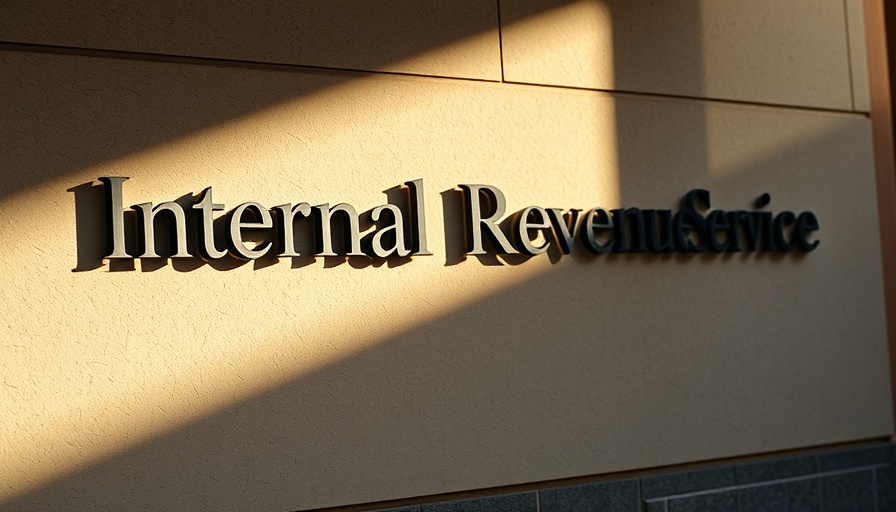
The Complexity of the U.S. Tax Code: A National Issue
As the 2025 tax filing season kicks off on January 27th, Americans will once again be confronted with the overwhelming intricacies of our tax code. This is a challenge that transcends political lines and affects the financial well-being of countless individuals, from everyday workers to small business owners. Each year, over 162 million individual income tax returns are submitted, a staggering number that highlights just how pervasive this issue is.
Frustration at Tax Time: A Common Experience
For average taxpayers, the process of navigating the tax system is fraught with confusion and anxiety. The arrival of W-2 forms in January serves as a warning signal for many, leading to weeks of sleepless nights as they worry about potential errors on their returns. The anxiety doesn’t just stem from the fear of making mistakes; it’s also rooted in a profound lack of understanding about how the tax system works. Surveys indicate that many Americans share this bewilderment, reinforcing the need for systemic reform.
The Opportunity for Simplification
With looming expiration of the Trump administration’s tax reforms by the end of the year, lawmakers find themselves at a crucial juncture. This tax season presents a unique opportunity to push for reforms that could simplify the tax code and alleviate some of the burdens taxpayers face. By fostering a clearer and more user-friendly tax environment, legislators could not only reduce stress for millions but also encourage more timely and accurate compliance.
Engaging the Public on Tax Code Clarity
There’s a growing consensus regarding the need for clarity and simplicity in the tax code, but it is equally essential to engage the public in discussions about these reforms. Fostering open dialogue about tax policies can empower taxpayers, helping them understand their rights and obligations. Tax knowledge is essential for informed financial planning and decision-making, especially for essential demographics like age groups 25 to 65 as well as small to medium business owners.
The Path Forward
As the filing deadline approaches, it’s crucial that we recognize the importance of advocating for a simpler tax code. By collectively urging lawmakers to take action, we can pave the way for a fairer financial system that works for all Americans. A simplified tax process not only alleviates daily burdens but can also lead to more robust economic health and taxpayer satisfaction in the long run.
 Add Row
Add Row  Add
Add 




Write A Comment